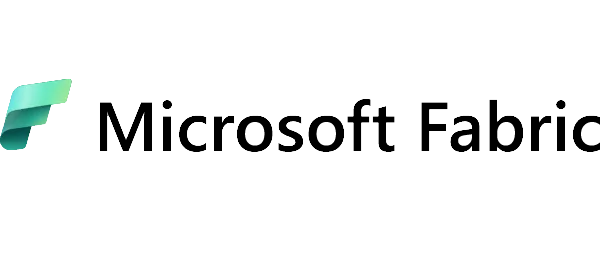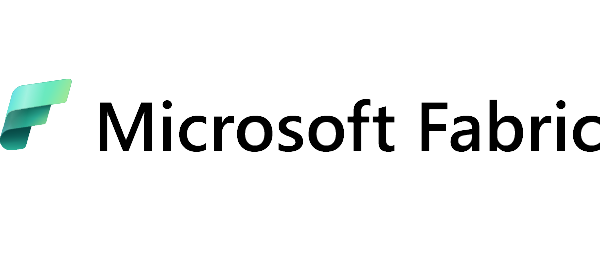
Optimizing manufacturing processes is a key part of the strategy of companies seeking to increase productivity, reduce costs and build competitive advantage. Today’s manufacturing companies face the challenge of effectively managing data, minimizing waste and maintaining high product quality.
In this context, Microsoft Fabric is an advanced analytics platform that enables companies to better monitor and manage production. With real-time data analysis, process automation and artificial intelligence support, Microsoft Fabric allows you to optimize production and make accurate data-driven decisions.
Challenges in optimizing production processes
Manufacturing companies are constantly looking for new ways to improve efficiency and minimize costs. However, process optimization requires overcoming many challenges, such as:
- Integration of new technologies – implementing advanced analytical tools requires adequate resources and training of employees.
- Disruption of workflow – technological changes can lead to temporary disorganization of processes.
- Staff training – effective use of modern systems requires investment in developing the competence of the team.
- Balancing quality and efficiency – production optimization must not come at the expense of product quality.
- Adherence to standards and regulations – any change in the production process must comply with applicable industry standards.
- Responding to fluctuations in demand – rapid adaptation to market changes is key to maintaining competitiveness.
- Real-time process monitoring – it is necessary to track and analyze production data on an ongoing basis to effectively eliminate downtime and errors.
Microsoft Fabric – a modern analytics platform for manufacturing optimization
Microsoft Fabric is a comprehensive cloud solution that enables the integration, analysis and visualization of data from a variety of sources, including ERP, MES and IoT sensors. This enables manufacturing companies to quickly identify problems, eliminate bottlenecks and increase process efficiency.
How does Microsoft Fabric support manufacturing process optimization?
- Data integration – Gathering information from different systems in one place (OneLake) provides a complete view of production.
- Real-time data processing – Faster decision-making and response to unexpected events.
- Process automation – Reduce human error and speed up data analysis.
- Advanced AI and machine learning algorithms – Failure prediction, optimization of raw material consumption and production quality monitoring.
- Scalability – the ability to adapt resources to the needs of the company without investing in additional IT infrastructure.
Microsoft Fabric is also fully integrated with Power BI, allowing the creation of advanced reports and dynamic data visualizations to improve manufacturing process analysis. For more on the platform’s capabilities, visit Microsoft Fabric in manufacturing.
Real-time data analysis – the key to optimizing production processes
One of the biggest problems in manufacturing is lack of access to up-to-date data, leading to financial and operational losses. Microsoft Fabric eliminates this problem by giving companies instant access to critical information.
Benefits of real-time analysis
- Better production management – rapid identification of problems on the production line allows for their immediate resolution.
- Minimize losses and downtime – real-time monitoring helps avoid breakdowns and optimize machine maintenance.
- Increased operational efficiency – companies can adjust their processes on the fly to meet current needs.
Optimize cost and efficiency with Microsoft Fabric
With advanced data analysis, Microsoft Fabric allows companies to better manage resources and reduce operating costs.
How does Microsoft Fabric support cost optimization?
- Monitor energy and raw material consumption – data analysis helps identify areas where costs can be reduced.
- Prediction of machine failures – the system monitors the condition of equipment and predicts the need for maintenance.
- Reduction of waste – careful control of production parameters minimizes the number of defective products.
With these features, optimizing production processes with Microsoft Fabric not only allows companies to reduce expenses, but also improves the quality and efficiency of production.
A modern approach to production management with Microsoft Fabric
Companies that deploy Microsoft Fabric can adapt their strategies to the changing market faster and manage their supply chain more effectively.
Key functionalities of Microsoft Fabric for optimizing manufacturing processes
- OneLake – Integration of data from different systems into one central database.
- Power BI – Interactive reports and dashboards to analyze key performance indicators.
- Data Factory – Automation of data processing from various sources.
- Synapse – Advanced real-time big data analytics.
- Data Activator – Configuration of alerts on critical changes in production.
This allows companies to respond faster to change, improve collaboration between teams and effectively implement innovations.
Summary – Microsoft Fabric as a foundation for manufacturing optimization
Microsoft Fabric is a powerful tool that revolutionizes manufacturing process optimization. Through integration with Power BI, advanced real-time data analysis and automation of key processes, companies can reduce operating costs, increase productivity and improve product quality.
Want to use the full capabilities of Microsoft Fabric in production? – Contact the experts at EBIS! We can help you implement Microsoft Fabric, customize solutions for your company and increase production efficiency. | CONTACT



